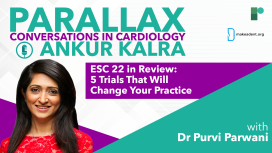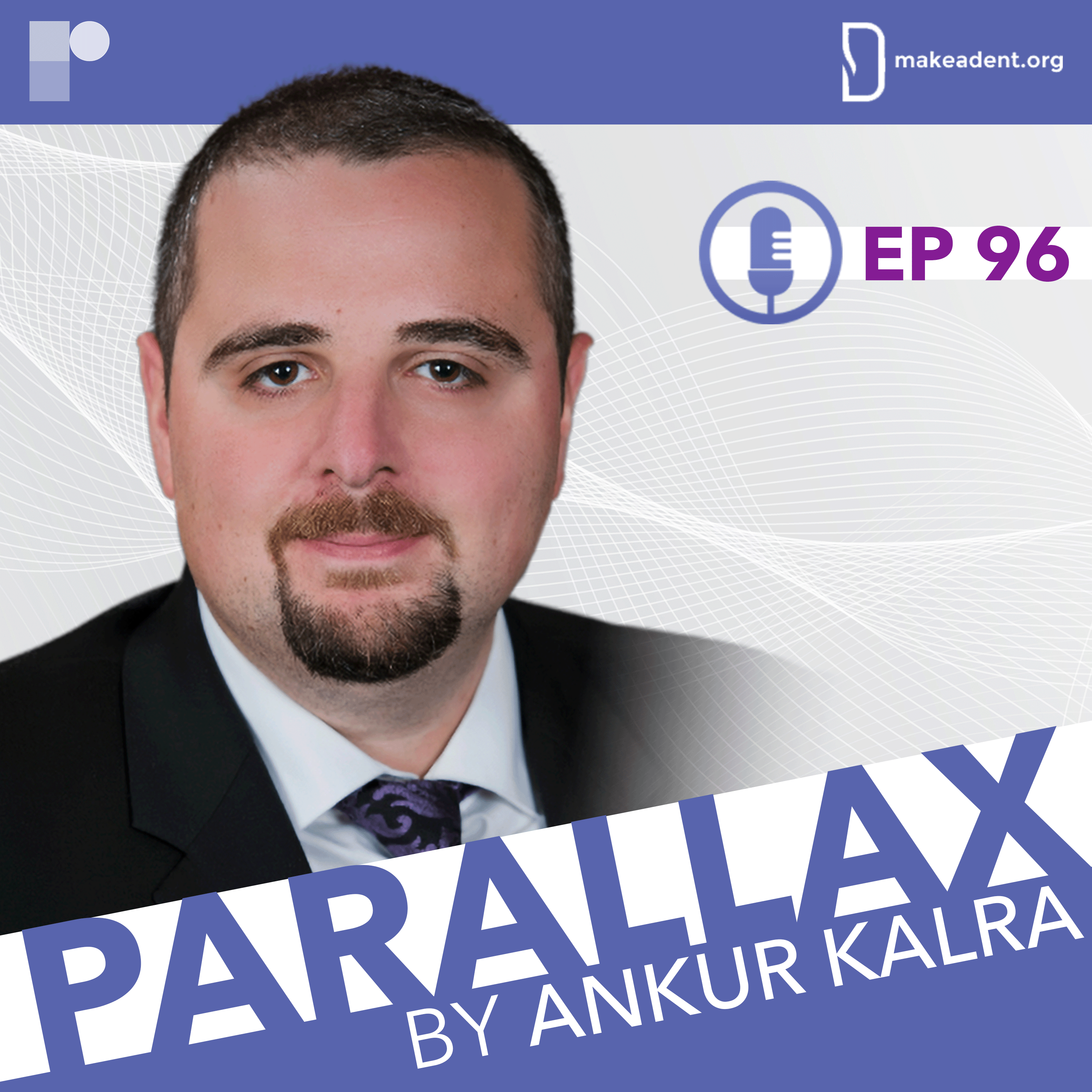
In the second episode of our mini-series "Conversations about Hypertrophic Cardiomyopathy", Dr Ankur Kalra sat down with Dr Ahmad Masri to have a deep-dive into the management paradigms of hypertrophic cardiomyopathy (HCM), considering the evolution of medical therapy in recent years. Dr Ahmad Masri is a Cardiologist and the Director of OHSU Hypertrophic Cardiomyopathy Center.
This series is supported by an unrestricted educational grant from Bristol Myers Squibb. Please see www.camzyosrems.com for important safety information.
Dr Kalra invites Dr Masri to guide us through his decision-making process in evaluating medical and surgical options in patients with obstructive hypertrophic cardiomyopathy. Dr Masri delves into first and second-line treatment strategies while exploring the significance of FDA-approved cardiac myosin inhibitors in the management of hypertrophic cardiomyopathy. Dr Kalra asks Dr Masri about the practical office-based clinical course for patients deemed suitable candidates to receive mavacamten. Dr Masri provides a clear and practical outline of what it entails to opt for this second-line medical therapy including the REMS programme required for therapy (www.camzyosrems.com). Dr Masri highlights the importance of looking at HCM patients holistically to find the treatment which best fits their circumstances and preferences in choosing surgical and medical therapy options.
What are the available management options for patients with HCM? How does Dr Masri approach shared decision-making in the management of HCM? What are some of the practical considerations regarding the cardiac myosin inhibitor, mavacamten?
This content is intended for US-based physicians.
This series is supported by an unrestricted educational grant from Bristol Myers Squibb.

Dr Owens is Medical Director of the Center for Inherited Cardiac Disease and Associate Professor of Medicine at the Hospital of the University of Pennsylvania.
This series is supported by an unrestricted educational grant from Bristol Myers Squibb. Please see www.camzyosrems.com for important safety information.
This content is intended for US-based physicians.
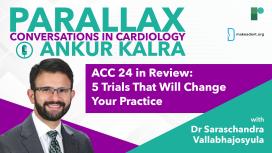
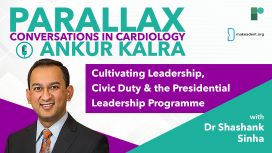
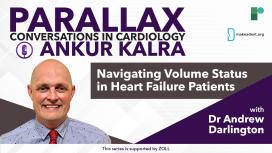
Together, Dr Kalra and Dr Darlington delve into the significance of assessing volume status in patients with heart failure, highlighting its continued relevance in 2024, including the availability of new diagnostic tools, including the Heart Failure Management System (HFMS).
This series is supported by ZOLL and is intended for Health Care Professionals.
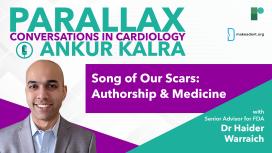
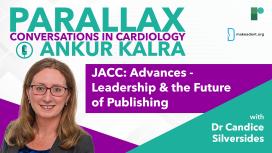
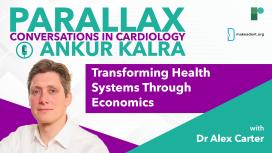
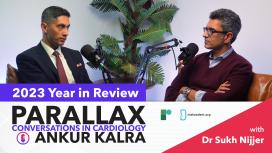
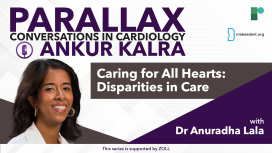
This series is supported by ZOLL and is intended for Health Care Professionals.
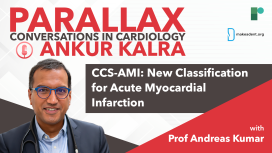
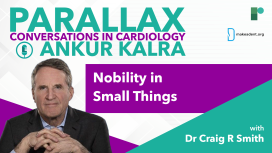
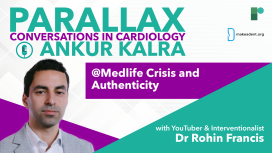
Rohin shares an advice that he received at the beginning of his career: “If you can deal with an average day, the exciting day will take care of itself.”
Ankur asks Rohin about Medlife Crisis and the work that goes into producing a show followed by 500K people. Rohin reiterates his passion for research and science communication. Ankur and Rohin discuss what it means to be yourself on social media and what is Rohin’s advice to our early-career listeners.
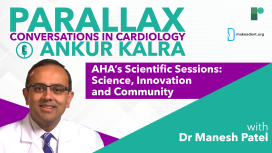
In this information-packed episode, Dr Patel takes us behind the scenes and talks about the work that goes into the curation of the programme and the considerations that shape the event. Dr Kalra asks Dr Patel about his highlights over the years and the movement and changes that he observed as vice chair and chair of the event. Dr Patel elaborates on the key late-breaking science trials in 2022. Dr Kalra and Dr Patel discuss the grading system of the award applications and share some useful information with our listeners.
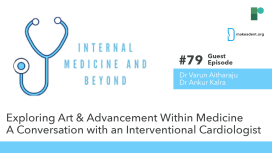
Exploring Art & Advancement Within Medicine - A Conversation with an Interventional Cardiologist.
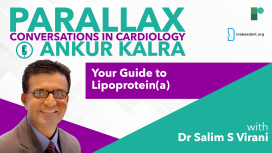
Dr. Ankur Kalra invites Dr Salim S Virani to help simplify the concept of Lp(a) with answering key questions about its measurement and its place in practice and prevention.
